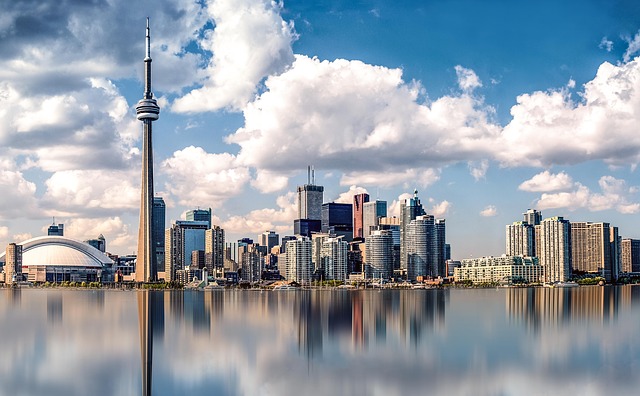Planning a move to Canada? Here’s what you need to know
26 Jun 2019

Fresh air, scenic landscapes and a low crime rate are just some of the reasons you might be considering a move to Canada.
Around 600,000 British people already call Canada their home and if you are thinking of joining them, there are some things you should know first. July 1 is Canada Day and to mark the occasion, we’ve put together our guide to moving to Canada.
- Find out if you are eligible
The very first step to planning any move abroad is finding out whether you will be allowed to become a resident in the country of your choice. To move to Canada, you will generally need to meet the country’s criteria for economic immigration or have a Canadian relative who will sponsor your move. Canada issues visas using a points-based system and how many points you are given will depend on your age, education, skills, training and whether you have family members in Canada. To get a visa, you will need at least 67 points.
Most people moving to Canada do so through the Express Entry program, which allows people to apply for residence status for work purposes. Applicants must be proficient in either English or French so British people have a head-start on this process but age, job and education is also taken into account. People with unusual and useful skills can sometimes be sponsored by a Canadian province if they need more workers in this area. Entrepreneurs who want to invest in Canada can apply to become a permanent resident through the Start-Up Visa Program. British citizens can stay in Canada for up to six months without a visa.
- Prepare for the weather
Canada has much more extreme weather than Britain so make sure you are prepared. Summers can be hot and humid and winters can be extremely cold, depending on where in the country you will be. Make sure you find out about the climate of the area you are moving to and pack accordingly. For example, Toronto is around 27C in July but in winter, temperatures can go as low as -6C. Snowfall is commonplace between December and March. The winters in Calgary are even more extreme and this area is also hit by a rainy season from May to September.
- Do your homework about house prices
Owning property in Canada is more commonplace than renting, although it may be a good idea to rent at first while you get settled in the country. The rental market in the major cities of Toronto, Montreal and Vancouver can be quite competitive so it is a good idea to find somewhere before you arrive. Housing outside these three urban areas is generally more affordable.
The average house price in Vancouver is $1,087,500 (£641,366), while in Toronto, it is $768,400 (£543,000). Property prices in Ottawa and Montreal are much cheaper with an average of $390,100 (£230,000) and $345,000 (£203,500) respectively.
- Sort out your health insurance
Once you’ve arrived in Canada, registering for health insurance should be your top priority. Each Canadian province has its own healthcare system and there is sometimes a long wait before you can get a health card. If you move to British Columbia, Alberta or Ontario, bear in mind that you need to pay a healthcare premium to cover the cost. In other areas, the health system is funded by taxes as it is in Britain. Thankfully, emergency hospital care is available for free throughout Canada even if you don’t have a health card.
- Use a specialist removals firm
Moving your belongings to Canada can be a complex process so it is best to use a specialist firm with experience in international removals. Andrew Porter Limited is the perfect choice if you are moving to Canada and you will assigned a dedicated move co-ordinator to help you at every stage and explain any restrictions. Be aware that it takes time for your prized possessions to make it to Canada so pack anything you will need right away in your luggage and take it with you. Shipping can take between five and seven weeks to the east coast of Canada and six to nine weeks to the west coast. You can save money by sharing a shipping container with other people but these groupage shipments generally take even longer and you should allow up to 10 weeks. If you do need anything urgently, Andrew Porter can arrange an air freight service.
It is a good idea to use a professional packing service for your move to Canada as customs officials will want to see a detailed inventory before allowing your items into the country. Our expert staff are also experienced in moving vehicles and pets to Canada. Find out more about removals to Canada or request a quote by calling our International Removals Canada team today on 0800 389 1222.
